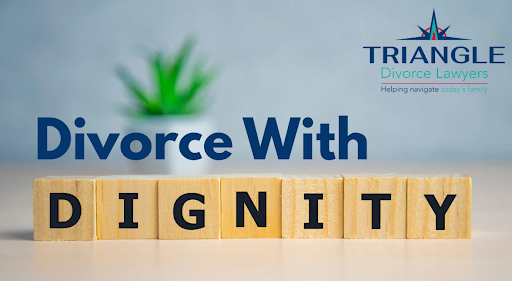Divorce is a wrenching split, a complete interruption in your life and a shift from a path you expected to walk until death do us part.
Experiencing a wide range of emotions from anger and sadness to guilt or even relief is perfectly normal. Keying your ex-spouse’s car is not.
Therapy can help you work through the feelings and find a new perspective, so it’s often advisable to speak to a therapist following divorce — even if you are the one requesting the split. Not everyone is comfortable with the idea of therapy, so many prefer to avoid it if possible. Still, there are certain times in which it’s really important.
When to Seek Therapy
Find someone to talk to if one of these situations sounds familiar:
- You’re experiencing changes in your physical health. The stress and massive emotional impact of divorce can contribute to or worsen a variety of health conditions including personality diagnoses, heart problems, and mental health conditions. If you notice a change in any of these or something new, such as panic attacks, severe weight loss or gain, or something else, seek out therapy to help you get a handle on it — before it harms your health.
- You feel so much rage that you are considering breaking the law or physically hurting your ex. We all feel anger. And it’s only natural to fantasize that an anvil will fall from the sky straight onto your lying, cheating, good-for-nothing ex. Still, when you find yourself ready to destroy his/her property or you feel the urge to physically hurt him/her, that’s not a good sign. Again, daydreaming out these things is just fine. When you begin to take action, it’s time to talk to a therapist about how to work out your emotions in a way that won’t land you in big trouble.
- You’ve fallen into depression. Depression is often misunderstood and misdiagnosed. It’s normal to feel depressed after loss. But if these feelings become overwhelming, cause physical symptoms, or keep you from normal life, your depression is more serious. Signs you might be depressed: fatigue, trouble concentrating and remembering details, feelings of hopelessness, trouble sleeping or excessive sleeping, loss of interest in activities you previously enjoyed, overeating or appetite loss.
- You need guidance on parenting issues or your children need help coping. Divorce therapists can act as mediators for both you and your ex as you address living arrangements, financial changes, and parenting responsibilities. Therapy can also be helpful for children, who feel their own range of emotions after hearing the news, including guilt, loss, pain, and stress.
For more on this topic, visit one of our Second Saturday workshops. Each month, a licensed therapist is available at our workshop to answer your other questions about the emotional side of divorce. Register for our next workshop.





